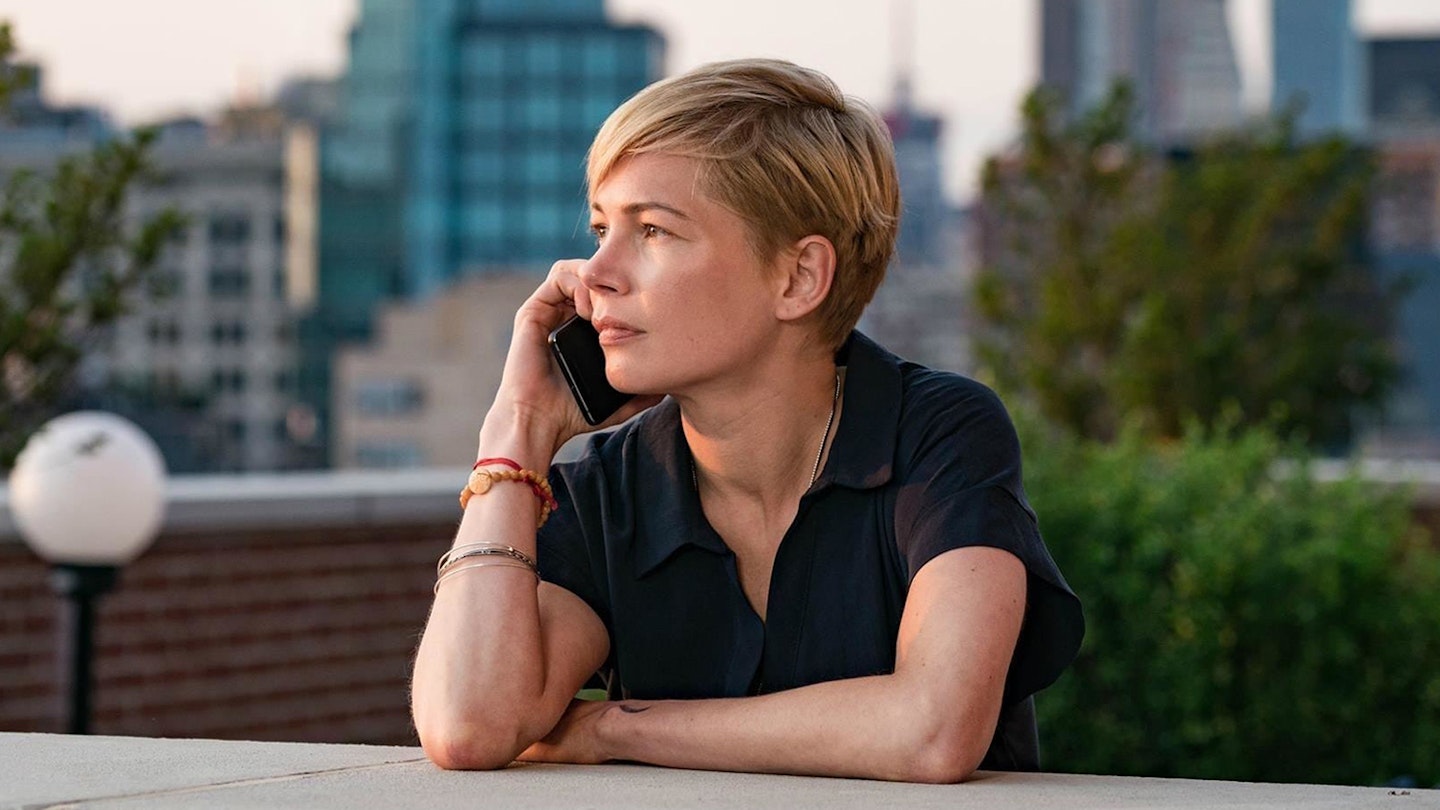A remake of Susanne Bier’s Dogme 95 original of the same name, After The Wedding is what a soap opera would look like if it were made by A-list talent. Changing up the gender of the main characters of Bier’s original, Bart Freundlich’s do-over benefits from the presence of Michelle Williams and Julianne Moore, but their class works against a script that incrementally amps up the melodrama until it reaches levels of ludicrousness that even Ramsay Street might baulk at.

The film starts impressively in India — drone shots ahoy — with caring orphanage worker Isabel (Williams) leaving her kids to go to the US to raise much-needed funds. She arrives in New York to meet stinking-rich potential investor Theresa (Moore), who subsequently invites Isabel to her daughter’s swanky wedding. What happens next is that the revelations, coincidences and awkward truths pile up on top of each other in such a mechanical, manipulative way that the film feels simultaneously too much yet also under-nourished.
The film’s saving grace is the two central performances, Williams suggesting Isabel has hidden tumult beneath her serene demeanour and Moore once again revealing her genius at playing hard yet fragile characters. Yet the sense of restraint is at odds with the material. After The Wedding might have been more entertaining if Freundlich had let rip and played the big twists and turns for all their emotional worth. Sometimes drone shots and tasteful furnishings are no substitute for a good old slanging match.
